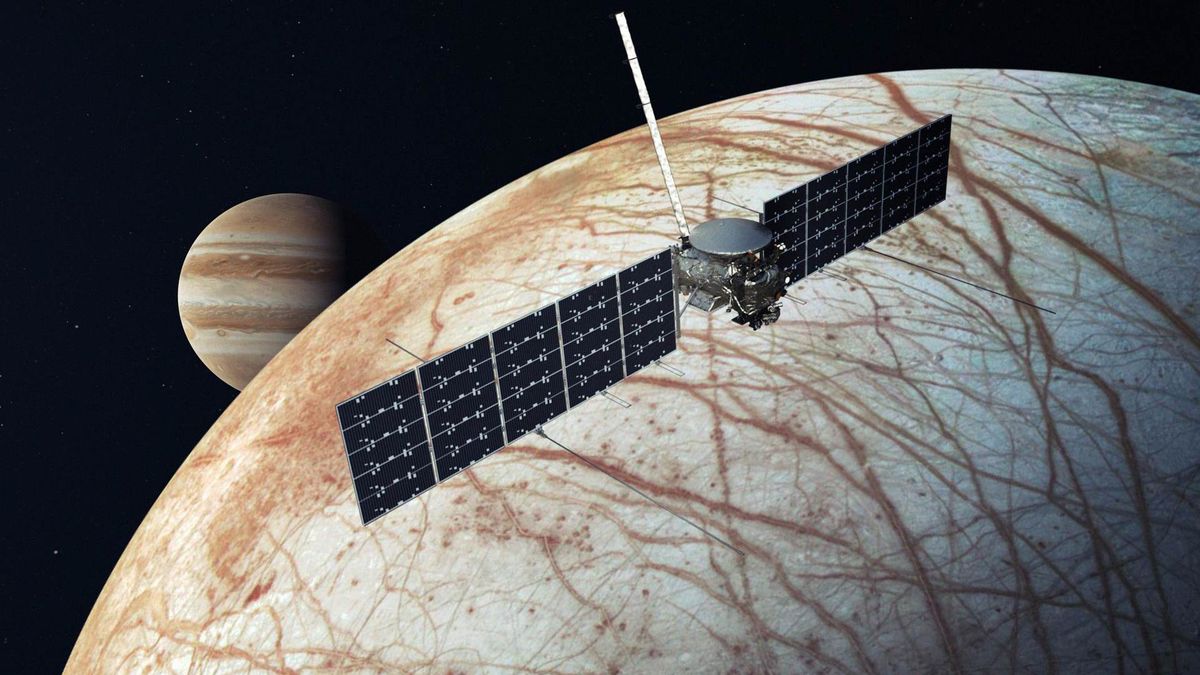In the late 1940s, my father loaded my mother, sister and me into a four-door Buick and followed the two-lane Route 66 from Tulsa, Oklahoma, to Los Angeles, California. Over about a week, we stopped along the way at museums and Native American settlements and stayed in motels, some with rooms shaped like teepees. We visited churches and shops, saw a meteor crater and dined in restaurants on local food.
In 1956, President Dwight D. Eisenhower announced the building of the limited-access Interstate Highway System with at least four lanes and no stop lights or stop signs. Everyone had reason to buy a car and travel easily and quickly throughout the country.
Today, semi-trailer trucks can go from Oklahoma City, Oklahoma, to Barstow, California, on I-40 in just under 18 hours. Nonetheless, portions of historic Route 66 thrive as a tourist attraction for all of us who still take a week or more to traverse it in our cars.
In the late 1970s, my wife and I lived in Exeter, England, while studying at the university there. We did not need a car. We had a public bus system that cost very little and came every 10 minutes to take us downtown. With a transfer, we could go anywhere we wanted in the county of Devon. We wished we had such a bus system back home. Instead, we both had a costly and polluting car back in the U.S.
In 2012, in Richland County, the 1% transportation penny sales tax was created to raise more than $1 billion for roadways, bikeways, pedestrian improvements, greenways and The COMET bus system to help us get around Columbia as well as Richland and Lexington counties.
Like our bus system in England, The COMET costs very little. The COMET bus system is not as convenient or as extensive as our English bus network. But it is evolving in that direction. Over time, The COMET has increased its number of routes from 18 to 47 and increased the number of vehicles in its fleet from 68 to 97. Before the COVID-19 pandemic, it provided passenger rides to more than 2.4 million people a year.
Now, there is a proposal for voters to extend the 1% penny tax in Richland County on Nov. 5 to raise $4.5 billion to support and promote efficient public transportation. We should vote “yes” to extend it. Let’s keep the penny.
Mike Maloney, Richland County’s director of public works, told us at a Rotary Club of Five Points meeting in June that two-thirds of the 2012 sales tax funds went to maintain and widen streets and highways, while nearly a third went to The COMET. Under the new measure, 22% of the funds would go to The COMET, almost $1 billion.
Wider streets mean it is easier for many more cars and trucks to move faster around Richland County. President Eisenhower would like that.
Meanwhile, the city of Columbia, with funds from the General Assembly, is in the process of narrowing Harden Street within the Five Points shopping area from a four-lane street to a two-lane street, with bicycle lanes, to reduce the speed and volume of traffic and increase safety. Commercial vehicles unloading goods for shops will have a dedicated lane. It will look like four lanes, but it will just be two for public traffic.
It was in the 800 block of Harden Street in Five Points that U.S. Sen. Strom Thurmond’s daughter Nancy Moore Thurmond, 22, was hit and killed by a car as she was crossing the street to shop at Eckerd’s drug store on Wednesday evening, April 13, 1993. She was an undergraduate at the University of South Carolina, a criminal justice major, planning to attend law school.
The Harden Street corridor in Five Points has been identified by the state Department of Transportation as having one of the most hazardous zones for bikers and pedestrians in South Carolina. The new design of Harden Street slows traffic. Pedestrians can cross only at designated crosswalks. Also, Devine Street, crossing Harden at Five Points, is scheduled for reduction from four lanes to three lanes.
Our long-range objective should be to increase ready access for The COMET to take residents to and from jobs, recreation, shopping, dining, health care and visits with relatives and friends. The highway work should include providing more routes and passengers for The COMET’s electric and hydrogen-powered buses.
Emerson Smith, Ph.D., is a sociologist and a social analyst at Metromark Research.















